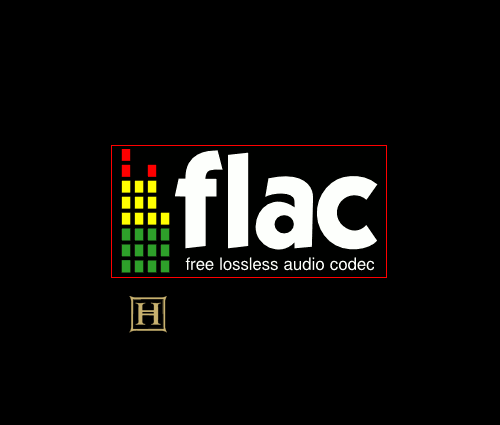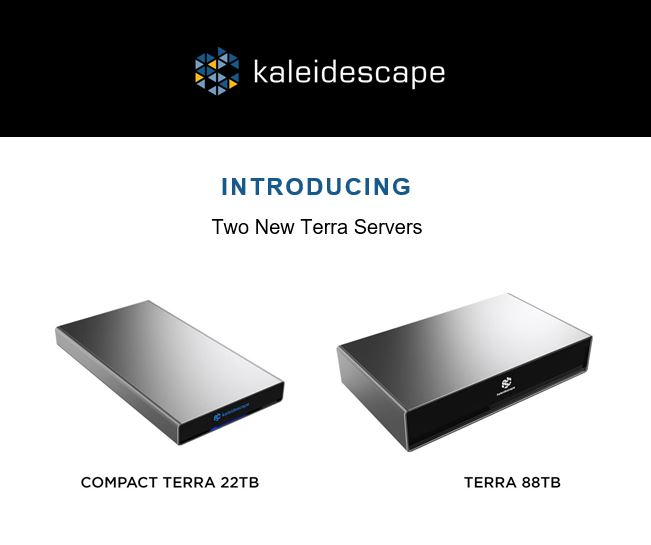
What is FLAC?
In the beginning, music was created by people using instruments. To listen to music meant listening to a live performance. Today, music is almost entirely digital, meaning ones and zeros arranged in a certain way to create a computer file. There are many ways to convert music from instruments into a computer file and as such, there are many different computer files that represent music. Each file has it’s own benefits and drawbacks. This article focuses on our current favorite; FLAC.
Before we describe FLAC (pronounced ‘flak’) let’s go over a brief history of music recording.
- 1877 The French began recording sound as a mechanical process.
- 1880 Emile Berliner (US) invents gramophone.
- 1881 Alexander Bell patents the gramophone record.
- 1920 The microphone converts sound into electrical signals.
- 1977 Music signals are converted into a stream of discrete numbers.
- 1980 Sony & Philips create the compact disc or “Music CD”.
- 1990 MP3 becomes a digital file standard because of compression.
- 2001 FLAC is released as an un-compressed option to MP3
- Today – Hi-Res Audio and MQA gain popularity.
FLAC is a lossless compression technology. It is suitable as an archive format for owners of CDs and other media who wish to preserve their audio collections. If the original media are lost, damaged, or worn out, a FLAC copy of the audio tracks ensures that an exact duplicate of the original data can be recovered at any time.
| FLAC stands for Free Lossless Audio Codec, an audio format similar to MP3, but lossless, meaning that audio is compressed in FLAC without any loss in quality. This is similar to how Zip works, except with FLAC you will get much better compression because it is designed specifically for audio, and you can play back compressed FLAC files in your favorite player (or your car or home stereo, see supported devices) just like you would an MP3 file. FLAC stands out as the fastest and most widely supported lossless audio codec, and the only one that at once is non-proprietary, is unencumbered by patents, has an open-source reference implementation, has a well documented format and API, and has several other independent implementations. See About FLAC for more, or Using FLAC for how to play FLAC files, rip CDs to FLAC, etc. |





Leave a Comment